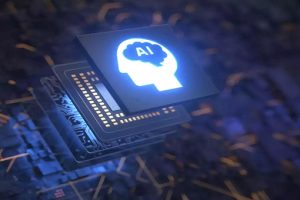Healthcare AI applications and examples hold the promise of affordable healthcare, improved success rates, effective clinical trials, and improved quality of life. However, like all new technologies, AI also has a flip side accompanying all of its flash and blitz: data privacy issues and AI’s ethical use. Some of these include, but are not limited to, questions like: 
- Who would be held accountable for machine errors that may result in care mismanagement?
- Would a pre-existing bias in the data used for AI training (under-or over-represented patient subgroups) reinforce the bias in diagnosis and analysis instead of eliminating it?
- Would the patients know how much role AI plays in their treatment?
- Would AI encourage patients not to seek advice from a physician and indulge in self-diagnosis and drugs?
- Could AI threaten healthcare practitioners with a potential loss of authority and autonomy?
- Would this affect their medical practice in turn?
Clearly, AI is a tightrope that requires careful treading as an upcoming technology. Considering the associated ethical and data privacy criteria, if used responsibly, AI can potentially lead to an unprecedented transformation in how the healthcare industry functions. And while this transition is in the works, training current medical professionals to use AI is important. Since AI is such a buzzword concealed in hype at the moment, it is important to realize what actually helps and what does not, to avoid being bamboozled. Although AI is far from eliminating human involvement in the healthcare sector, it could definitely reverse jobs in favor of educated practitioners and accept AI in this sector.




























